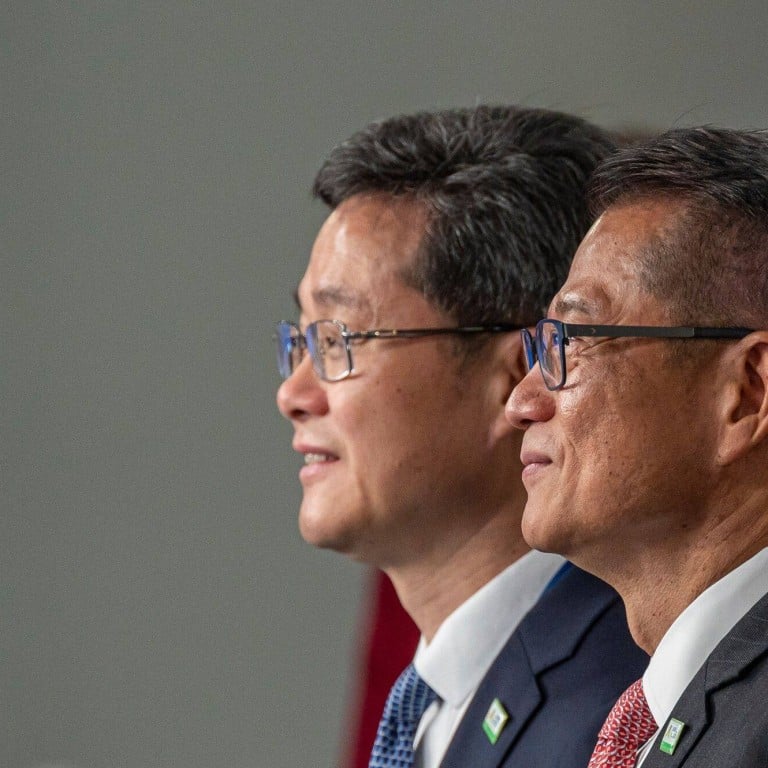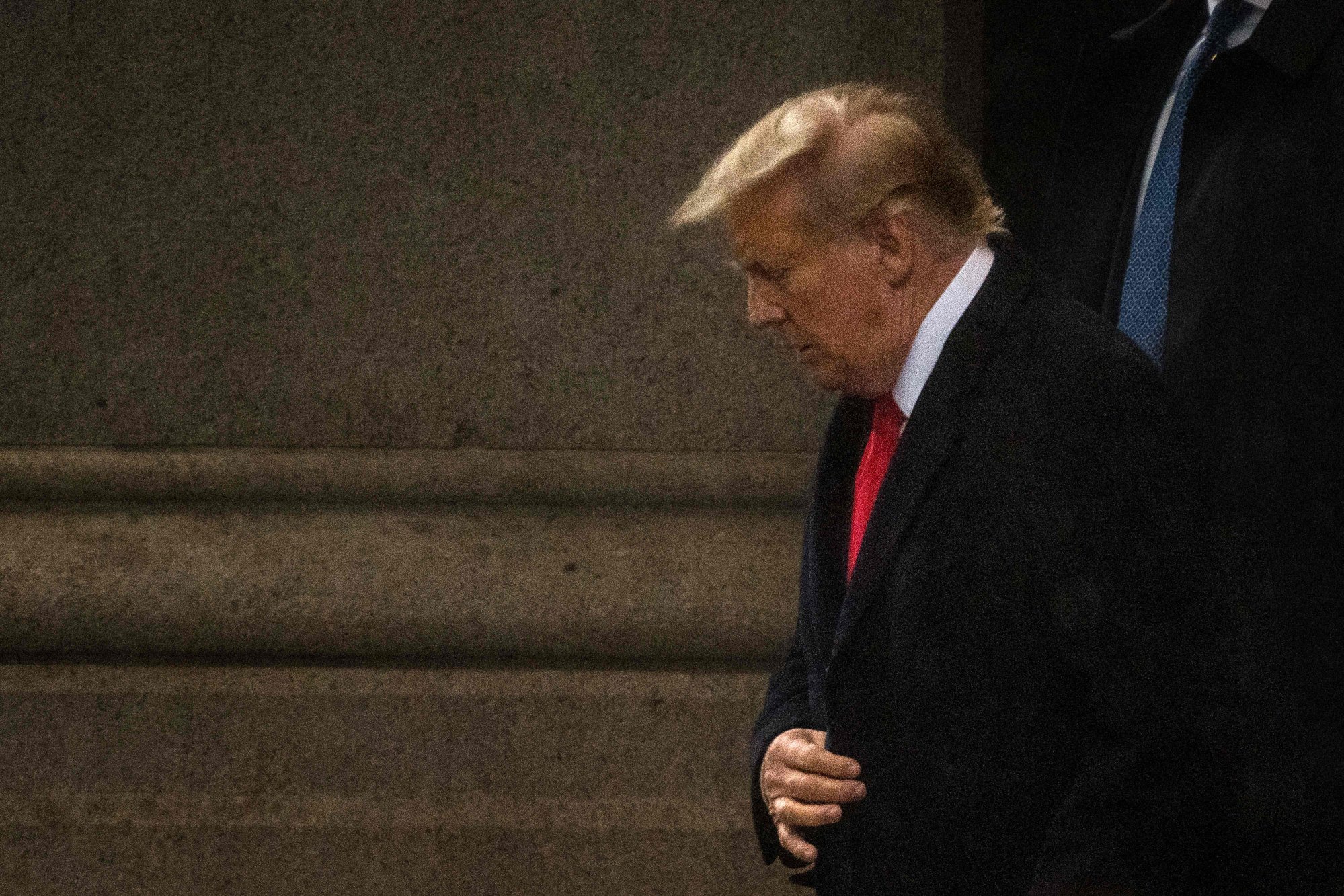
Senior Chinese officials voice concerns on US tariffs, investment curbs in ‘candid’ bilateral meeting
- Third meeting of Economic Working Group also covered financial cooperation within the G20 framework, industrial policies and debt issues
- US delegates in Beijing raised issues with China’s overcapacity and its impact on American workers and firms
Senior Chinese economic officials meeting their US counterparts in Beijing this week voiced concerns over tariffs, investment restrictions and sanctions on mainland firms, according to China’s Ministry of Finance.
In the third meeting of the Economic Working Group between the world’s two largest economies, officials held “in-depth, candid, pragmatic and constructive communication” over the domestic macroeconomics and policies, a statement from the ministry’s website said.
The US delegates raised their concerns about China’s industrial policy practices and overcapacity as well as the resulting impact on American workers and firms, according to a readout from the US Treasury Department.
“US officials reaffirmed that the US is not seeking to decouple the two economies and instead seeks a healthy economic relationship that provides a level playing field for American companies and workers,” the readout said.
The meetings concluded with both sides agreeing to meet again in April, it added.
China’s finance minister, Lan Fo’an, attended this week’s meeting and “had a brief exchange” with the US delegation, which also met with Chinese Vice-Premier He Lifeng while in Beijing, according to the statement from both sides.
‘Mistrust remains high’: why half of US firms have no plans to expand in China
Both working groups were launched in September last year and led by He and Yellen, aiming to facilitate progress on bilateral economic and financial policy matters.

At the same time, it has been diversifying American supply chains away from China.
US deems more Chinese tech companies ‘military’ and a national security risk
It found that counterfeit and pirated goods from China, together with transshipped goods from the mainland to Hong Kong, accounted for 60 per cent of the value of counterfeit and pirated goods seized by US Customs and Border Protection in 2022, down from 75 per cent in 2021.
AliExpress, an e-commerce platform that connects China-based sellers with overseas buyers, was removed from the latest list after being included since 2021.

